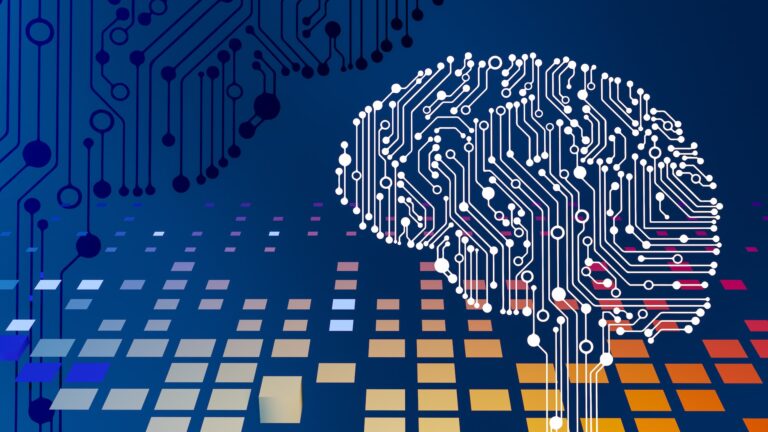
Demystifying Artificial Intelligence and Machine Learning: Understanding the Basics
Artificial Intelligence (AI) and Marchine Learning (ML) has become a buzzword in today’s tech-driven world and captured our imagination and is reshaping industries worldwide, but what exactly is it, and how does it work? Let’s demystify them by providing an introduction to its fundamental concepts and real-world applications.
At first glance, the terms “artificial intelligence” (AI) and “machine learning” (ML) might seem interchangeable, but they represent distinct but related concepts in the world of technology and computer science.
Artificial Intelligence (AI) refers to the development of computer systems or software that can perform tasks typically requiring human intelligence, such as learning from experience, reasoning, problem-solving, and decision-making. Think of problem-solving and learning from data. In essence, AI is the broader field that encompasses everything related to creating intelligent machines.
Machine learning is a subset of AI, specifically focused on developing algorithms that allow machines to learn and improve their performance on tasks without being explicitly programmed for each individual case. It focuses on the development of algorithms and statistical models that enable computer systems to improve their performance on a specific task through learning from data.
Examples of where AI can be used is a chatbot for customer support that can understand and respond to customer queries in a natural language. It’s trained to provide solutions, route inquiries, and even engage in human-like conversations. Another example is a self-driving car. Self-driving cars are a classic example of AI. They use a combination of sensors, computer vision, machine learning, and decision-making algorithms to navigate roads, recognize obstacles, and make real-time driving decisions. AI encompasses the entire system that allows the vehicle to drive itself.
Examples of ML can be found in recommendation system used by streaming platforms like Netflix. Machine learning algorithms analyze your viewing history and preferences to suggest movies or TV shows you might like. These algorithms continually learn and adapt based on your interactions, improving the accuracy of their recommendations.
In short, AI includes the broader concept of creating intelligent systems that can perform tasks traditionally requiring human intelligence. Machine learning is a specialized subset of AI, focusing on algorithms and models that enable systems to learn and make predictions or decisions based on data.
